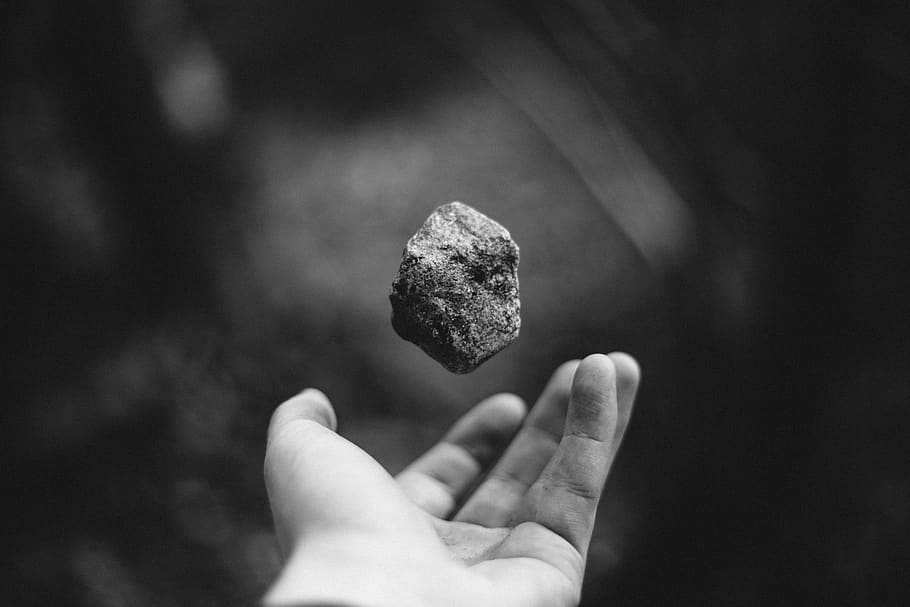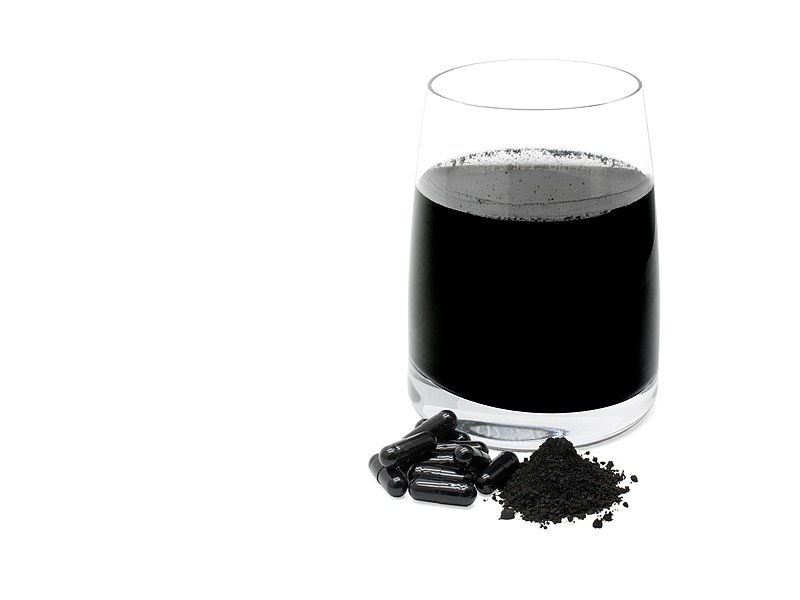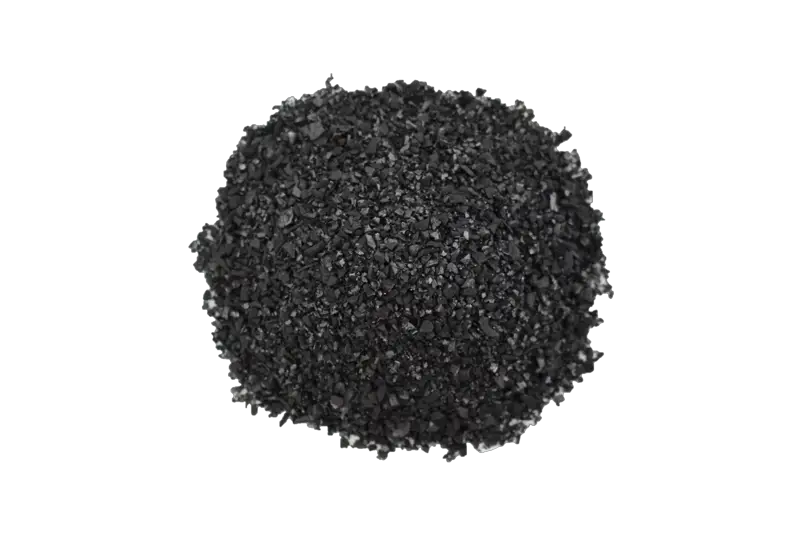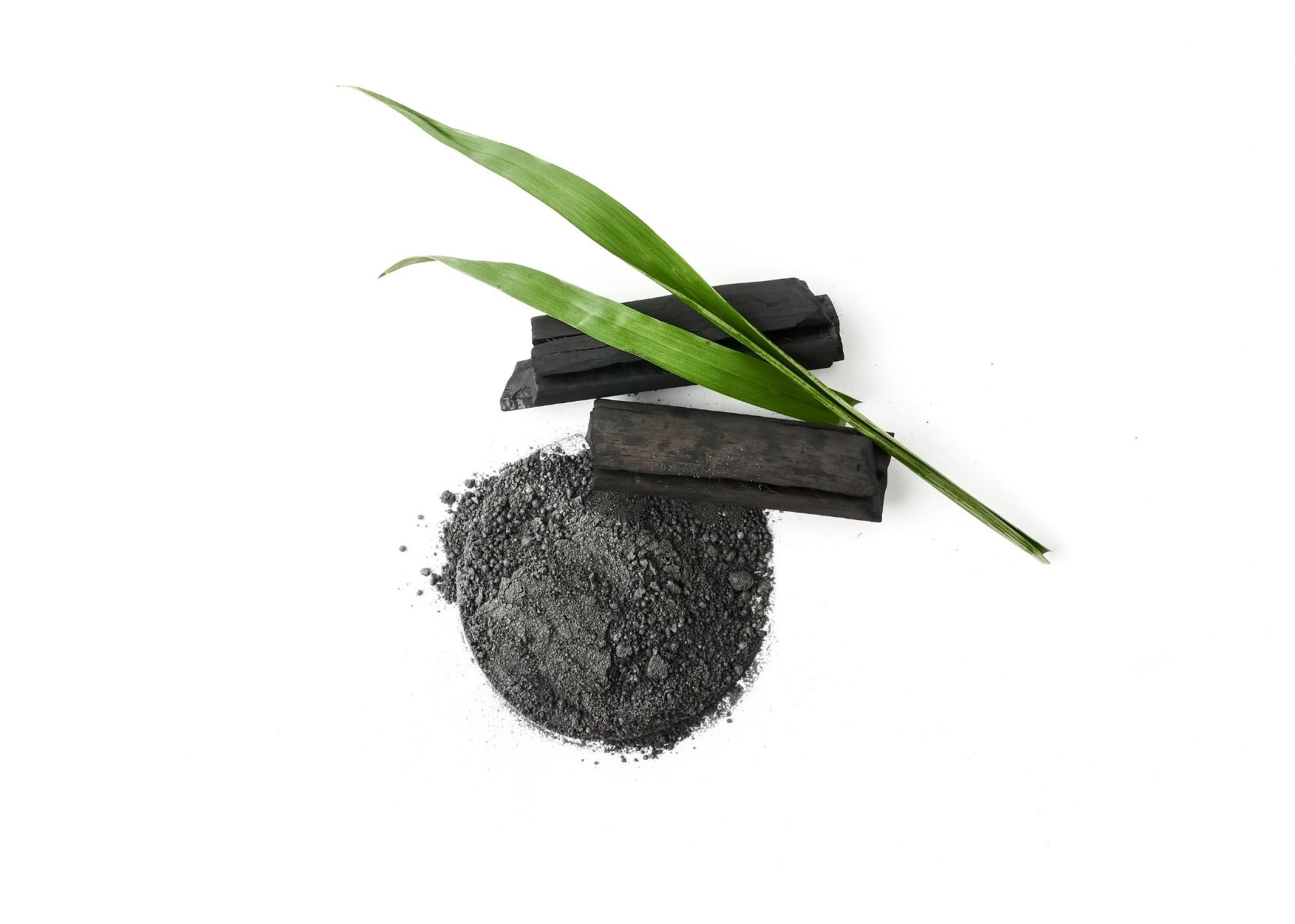Activated Carbon filtration is one of the best ways you can safely reduce odors in your home but it can be hard to determine how long an activated carbon filter will continue to adsorb odors and smells as well as chemicals and gases.
How long do carbon filters last?
Carbon air filters last anywhere from 6 months to 12 months. Carbon water filters can last 12 months. Carbon is sold by the weight. The heavier the weight, the longer the carbon will be effective.
Activated carbon filters, once they are done, are pretty much just done.
Rinsing is not effective because the amount of area throughout the porous filter and it is the activation of the filter that causes chemicals and odors to be attracted to it.
Unfortunately the activation of carbon requires excessive temperatures in the range of 900 degrees.
 But fortunately activated carbon is readily available and does not cost a mint.
But fortunately activated carbon is readily available and does not cost a mint.
A little explanation on what and how a carbon filter works will help quite a bit when your determining how much time you can expect to get out of a carbon filter.
Carbon or charcoal filters as they’re called pretty regular, can be compared to a sponge.
In the same way that a sponge has millions of tiny pores, a carbon filter is comprised of an area with millions of tiny pores to.
But unlike a sponge that absorbs water and completely fills up, a carbon filter adsorbs contaminants.
That essentially means that they are attracted to the surface of the filter pores and do not fill up the pores but create a film that over time will not allow four chemicals, odors, and gas to adhere, to the filter anymore.
There are more than one reason why a carbon filter will last longer in some cases and have a short life in other cases.
1. How polluted is the area you’re using the carbon filter in?
Does carbon filters are primarily for gases and odors, they do not fare well with dust.
Though Most air cleaners come with a pre-filter to keep any larger debris from clogging up the HEPA or the carbon, they will not do and 100% job.
If you’re using the carbon filter in a dusty area, you can expect the filter to get clogged and have a shorter life.
 2. Humidifier sediment
2. Humidifier sediment
If you’re using a air purifier with a carbon filter in the same room as a humidifier, you may have more than one problem getting a good result out of your carbon.
Not only does a carbon filter not work well in humidity, if you are using a humidifier, the same white settlement you see in the bottom of a humidifier could be getting into your carbon filter and clogging it.
a. Carbon filters do not work with humidity very well because water droplets will fill the porous filter and do not allow the gases and fumes to adhere to the walls of the pores of the filter.
In other words, water clogs up carbon.
b. If you were using a humidifier to add humidity to your room, the water that you add to the humidifier is typically tap water and tap water has many chemicals that turn to sediment when the water dries.
If you’re using the carbon filter in the same room with the humidifier that is using tap water to humidify the room, then the sediment from the hard water can end up in the pores of your activated carbon filtration device.
It’s the same concept but you get from using a carbon water filtering process.
How clean or how dirty your water is is going to affect the life of your carbon filter.
Fortunately it’s a little easier to know when your water carbon filter is going out because the sediment from the impurities in the water will clog up your filter and cause your water pressure to go down.
Also the taste of your water will become noticeably different.
2. The size of the filter compared to overall square footage of the room.
If you’re using a small air cleaner in a larger room, you can expect your filters to get dirtier faster than if you were using the smaller unit in the more appropriate smaller area.
Filters that are designed to cover area is 100 square feet are not going to be able to do the same job in an area that is 200 square feet.
They are not going to perform as well and they are not going to last as long because of the volume of air going through and past the filters.
The appropriate filter in the appropriately sized room will have an impact on how long you can expect your carbon filter to last.
 3. The quality of your carbon filter.
3. The quality of your carbon filter.
Activated carbon is measured by the pound. Even the filter that is in your air purifier is rated by how many pounds of activated carbon it has in it.
Some carbon filters contain 5 lb of activated carbon where other carbon filters contain anywhere from 10 to 20 pounds of activated carbon.
The life of your carbon filter is also determined by how many pounds of carbon the filter contains.
If you have a smaller air cleaner, then the probability is that you have a filter that contains less activated carbon.
But that is not always the case because certain air purifiers are specifically made for chemicals and odors which may mean that that specific air cleaner has a carbon filter that contains a higher weight of carbon.
In any case, the weight of your carbon will help you decide the amount of time you can get out of a charcoal filter.
How can you tell when it’s time to change a carbon filter?
1. It simply is not doing its job.
If the odors that you are using the filter to diminish are starting to get strong again, it’s probably time to start looking at a new filter.
Although if you are in the area all the time, then there is a possibility that you have become nose blind and do not even notice the smell anymore.
If that’s the case then bring another person into the room and see if they can smell it.
2. Carbon filters that are going bad don’t smell sweet anymore.
Have you ever noticed that sweet smell the carbon filter has when you first buy it? Some compared it to cake.
But one way you can tell that you’re activated carbon is beginning to not be effective anymore is that sweet smell of the carbon itself is not there anymore.
 Summary
Summary
Activated carbon is an amazing way to reduce odors as well as chemicals and gas and your air and in your water.
But they are not a filter in the traditional sense and for that reason it can be tougher to know when it is time to replace the filter.
One of the main reasons it may be time to change the filter is that it is just not doing the job anymore.
But there are other indicators that you can look for that will help you decide whether it is time to change or activated carbon filter.
Some of these include the quality and weight of your filter, the size and weight of your filter compared to the area you are trying to treat, and the filter does not have the sweet smell that carbon is known to have anymore.
Unfortunately activated carbon is not the type of filter that you can rinse off very successfully. And the activation of carbon requires high heat in the range of 1000 degrees.
Replacing is really the only option.








